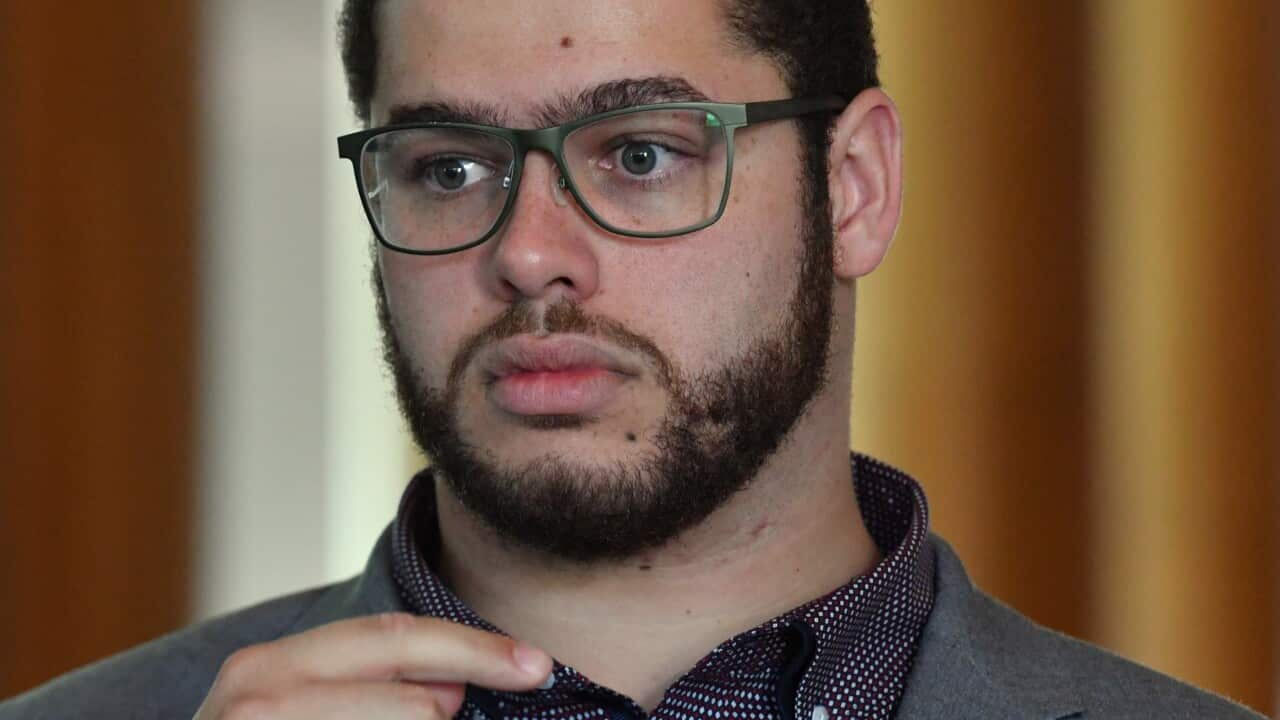A woman with disability was drugged, raped, hit by staff and deprived of food while living in a Sydney boarding house, a royal commission examining homelessness has been told.
Charlotte, 61, was diagnosed with schizophrenia as a teenager and has lived in about a dozen hospitals and state-run institutions in NSW since, including a privately-owned Stanmore boarding house.
"Life at the boarding house was terrible. It was like a prison. We were treated horribly by the staff and the owner," she said in a statement read to the disability royal commission on Monday.
"I was hit and raped while I was living there ... I had no control over my life and no privacy."
Charlotte, who lived at the home for about 15 years in the 80s and 90s, said the managers and staff would often hit residents.
"One of the girls who worked in the boarding house kitchen was really violent and abusive," she said.
"Depending on how she felt, (she) would sometimes not give us breakfast or lunch."
Charlotte, not her real name, said the same woman would also steal her pension, clothes and wages from working at a sheltered workshop.
Residents who complained were given drugs to keep them quiet.
"I was drugged all the time," she said.
She said she was often forced to clean up other people's vomit and faeces and a doctor who visited the residents was allegedly defrauding the Medicare system.
"People that lived there would sometimes go to the toilet on the floor and the owner would make me clean it up. If I didn't clean it up, he would hit me.
"There shouldn't be any boarding houses, and if there is ... they shouldn't be privately owned."
Charlotte was also abused by a staff member's former partner, who was a psychiatric nurse.
"He used me and I was his slave. I should have been able to trust him," she said.
She later found out she was pregnant and was forced to have an abortion and then sterilised.
"Not long after the termination, I overdosed. It was on purpose. I wanted to die," she said.
The Royal Commission into Violence, Abuse, Neglect and Exploitation of People with Disability has turned its focus to the experiences of disabled people who have been homeless or lived in insecure housing in NSW and Victoria.
Wheelchair user Colin, who has muscular dystrophy and is in his 70s, is homeless after the recent Lismore floods inundated the home he shared with his sister, who is also disabled.
They were rescued late at night by "a bloke in a tinny" but Colin remains homeless and lives in short stay motels, some of which are inaccessible and below an acceptable standard.
"There are bathrooms I can't even use... 14 days with no showers," he said.
"I've got no support, I've got nothing. I've got no way of cooking food, there is no fridge ... There's just nothing there."
Colin said he had heard from his NDIS support worker just four times since the town was flooded in February.
"I've been on the floor begging in tears for help. She's even wrote a letter back ... she was that concerned," he said.
"The very next thing the phone's down, I never hear from her again. There's no follow-up, no duty of care, no nothing."
The inquiry, sitting for five days in Parramatta, will examine whether insecure accommodation exposes people with disability to a greater risk of violence, abuse, neglect or exploitation.
Counsel assisting Kate Eastman said the evidence is likely to identify a number of systemic issues, including the lack of affordable housing suitable for people with disability and the over-reliance on crisis accommodation.




